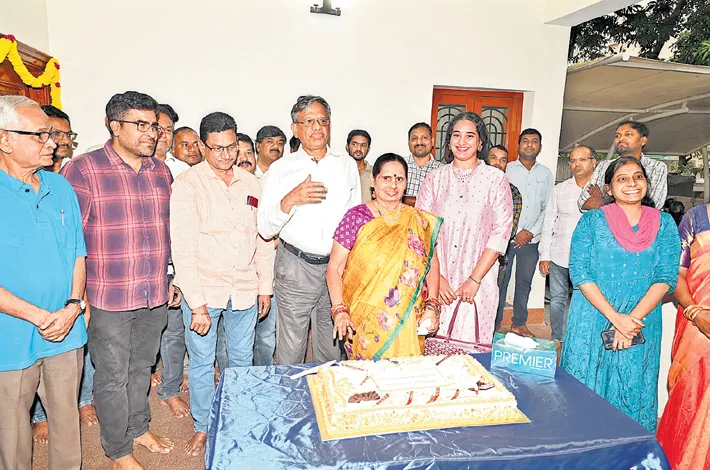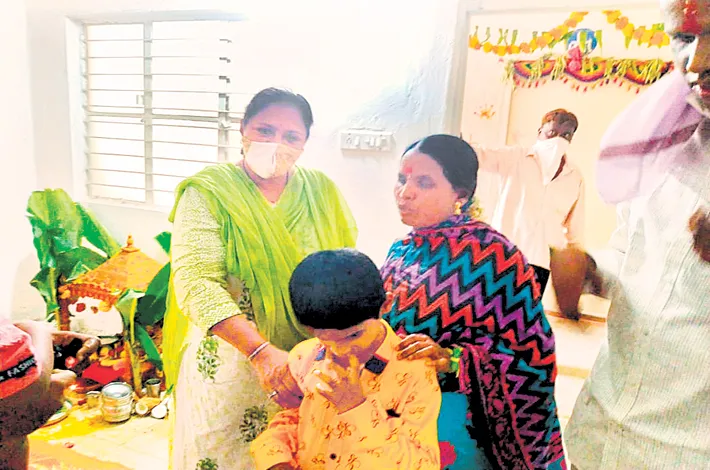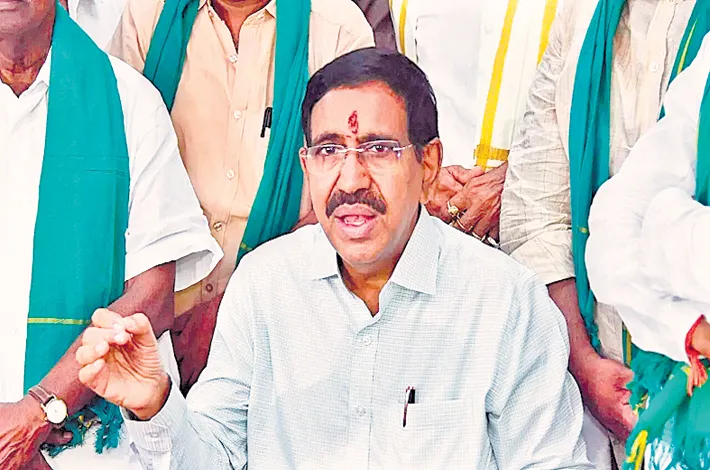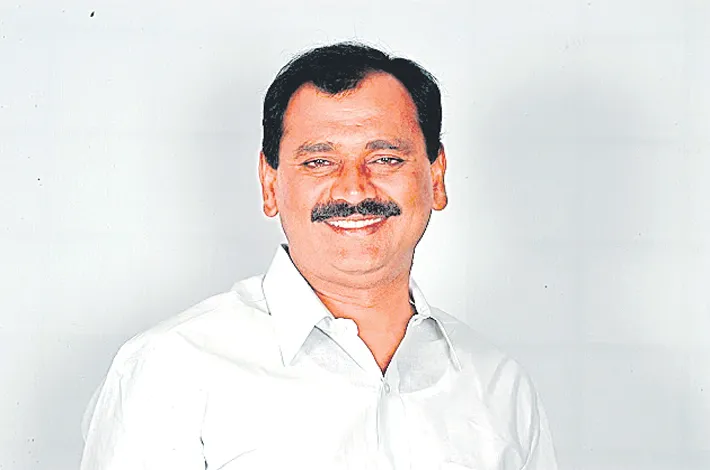The Gift of Time
24-03-2025 12:00:00 AM
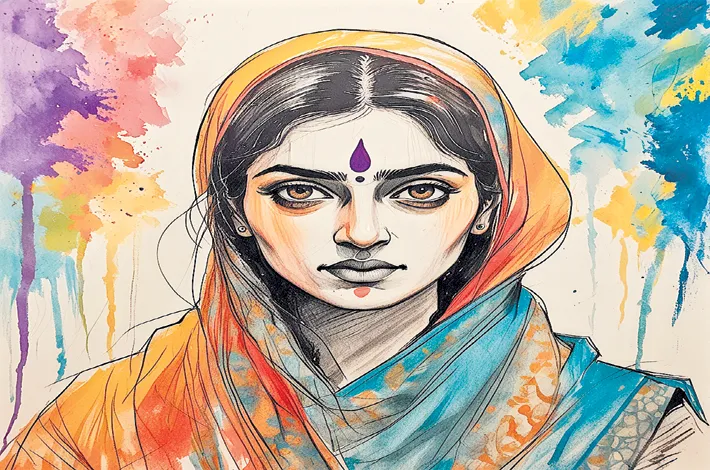
His heart raced. He grabbed his bag and ran, the city blurring past him. The station was chaos—vendors shouting, trains groaning, passengers rushing. He spotted her near Platform 3, her red saree a beacon in the crowd. She stood alone, a small suitcase at her feet, her eyes searching
The monsoon had just kissed the streets of Kolkata, leaving behind a shimmer of raindrops on the cobblestones. Anjali stood under the awning of a small tea stall, her dupatta fluttering in the damp breeze. She was a quiet woman, her eyes carrying the weight of unspoken dreams. Across the street, Krishna, a young painter with a crooked smile and a canvas bag slung over his shoulder, watched her. He’d seen her before—every evening at this very stall, sipping tea, lost in thought.
Krishna had moved to the city a year ago, chasing colors and inspiration. But lately, his sketches were filled with her—Anjali, the woman with the wistful gaze. He didn’t know her name then, only that she worked at a nearby orphanage, her days spent tending to children who weren’t hers. That evening, as the rain softened, he gathered his courage and crossed the street.
“Chai for two?” he asked, his voice playful yet nervous.
Anjali looked up, startled, then smiled faintly. “Only if you’re buying.”
That was the beginning.
Over cups of steaming tea, they talked—about the rain, the city, the way the Hooghly River seemed to hum at dusk. Krishna learned her name, her love for old Hindi songs, and the quiet sadness she carried. Anjali discovered his passion for painting, his dream to capture life’s fleeting moments on canvas. Days turned into weeks, and the tea stall became their sanctuary. He’d sketch her in secret, her profile glowing against the monsoon sky, while she’d hum melodies that made his heart ache.
One evening, as they walked along the riverbank, Krishna stopped. “Anjali,” he said, his voice trembling, “you’re my muse. I don’t know how to say this, but I think I’m falling for you.”
Her eyes softened, but a shadow crossed her face. “Krishna, there’s something you should know.”
Before she could finish, a group of children from the orphanage ran up, tugging at her hands. “Didi, come play!” they cried. She laughed, letting them pull her away, leaving Krishna with a half-spoken confession hanging in the air.
The truth came days later, under the same awning. Anjali’s hands shook as she spoke. “I’m engaged, Krishna. It’s been arranged since I was a child. My family… they depend on this. I can’t break it.”
Krishna felt the world tilt. “Do you love him?” he asked, his voice barely a whisper.
She looked away, tears brimming. “I don’t know him. But I love my family. And you… you’re a dream I can’t keep.”
He wanted to fight, to beg, but the weight of her words silenced him. That night, he painted her one last time—her eyes glistening with rain, her smile a fragile gift. He titled it Upahar—the gift—because that’s what she’d been to him, even if only for a moment.
Weeks passed. Anjali stopped coming to the tea stall. Krishna heard she’d moved to her fiancé’s village, her wedding set for the next month. He threw himself into his work, his canvases darker now, streaked with the blues of loss. But fate, like the monsoon, had a way of turning back.
One humid afternoon, a letter arrived. The handwriting was hers—neat, deliberate. “Krishna,” it read, “I couldn’t leave without saying goodbye. I’m at Howrah Station tonight, train at 8. If you’re there, I’ll know.”
His heart raced. He grabbed his bag and ran, the city blurring past him. The station was chaos—vendors shouting, trains groaning, passengers rushing. He spotted her near Platform 3, her red saree a beacon in the crowd. She stood alone, a small suitcase at her feet, her eyes searching.
“Anjali!” he called, pushing through.
She turned, and for a moment, time stopped. “You came,” she whispered.
“Why?” he asked, breathless.
“My fiancé… he saw us once, by the river. He knew I’d never love him the way I—” She paused, then stepped closer. “He let me go, Krishna. For my happiness.”
He pulled her into his arms, the noise of the station fading. “And me?” he murmured into her hair. “What about my happiness?”
She smiled, tears spilling. “I’m here, aren’t I?”
They didn’t board the train. Instead, they walked back into the city, hand in hand, the rain starting again as if to bless them. Krishna knew life wouldn’t be easy—her family, his dreams, the world they’d have to face. But in that moment, with her beside him, he felt invincible.
Later, he’d paint her again—not as a muse, but as his forever. And he’d call it Upahar, too—not for what was lost, but for the gift of time they’d been given, a love that refused to fade.





